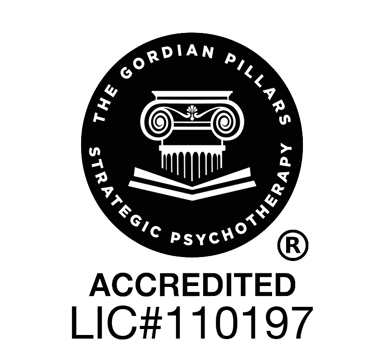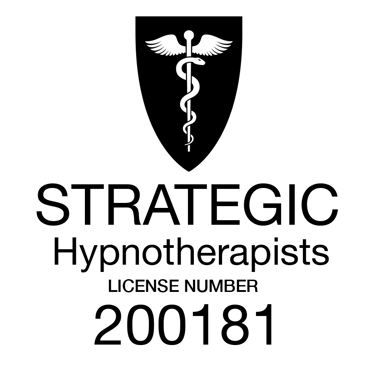Your Journey to Mental Wellbeing Starts Here
Coercive Control: The Hidden Epidemic Behind Closed Doors
This powerful blog explores the confronting reality of domestic and intimate partner violence, highlighting both global statistics and the alarming rates in Australia. With a focus on coercive control—a form of psychological abuse often overlooked yet deeply damaging—the article sheds light on how widespread and insidious this issue truly is. Drawing from national research and lived clinical experience, it calls for urgent change in how we respond to survivors. A must-read for anyone working in mental health, social work, or advocacy, and for those seeking to better understand the silent epidemic affecting women everywhere.
DOMESTIC VIOLENCEWE-CAN-ALL-MAKE-A-CHANGESAFETY
Theresa Potter
8/4/20252 min read


Around the world, one in three women in a relationship report having experienced some form of physical and/or sexual violence by an intimate partner (World Health Organisation, 2024). This statistic is confronting, but in Australia, the reality is even more alarming. When psychological abuse and lifetime exposure are factored in, our national figures not only match but sometimes exceed the global average (ANROWS and the Australian Institute of Criminology).
While physical violence may be the most visible form of abuse, it often doesn’t happen in isolation. Coercive control—a deliberate pattern of domination involving manipulation, isolation, surveillance, and restriction of freedom—is a prevalent and dangerous form of abuse in Australian households.
Nearly 1 in 2 women (49%) who experience emotional abuse by a partner also report behaviours consistent with coercive control.
Even more disturbingly, coercive control was found to be present in 97% of intimate partner homicide cases reviewed in Australia (Domestic Violence Death Review Network, 2022).
Over time, coercive control can erode a person’s sense of self. Victims often describe feeling confused, powerless, afraid, and unsure of what is real or acceptable anymore. It’s a form of psychological warfare, slowly dismantling someone's identity and autonomy.
As a counsellor and social worker in private practice, I am deeply troubled by how closely these statistics align with the stories I hear every week. These numbers are not just data points. They are women I speak to—women in our neighbourhoods, schools, and workplaces. They’re quietly enduring emotional and psychological torment, often unseen and unacknowledged by those around them.
One of the most significant challenges we face in this field is the frustrating limitation on what we can do when we see patterns of coercive control emerging. As professionals, our hands are often tied. Without clear-cut evidence of physical harm, the systems in place make it incredibly difficult to act. Meanwhile, the perpetrators—frequently male—leave a trail of emotional devastation, moving from one relationship to the next like it’s just another weekend.
THIS MUST STOP.
We need to start taking the calls of victims more seriously. We must listen when someone says they feel unsafe—even if they can't yet articulate precisely why. Coercive control may be invisible at first glance, but its effects are profound, long-lasting, and deadly. If nearly all intimate partner homicides are preceded by coercive control, why are we waiting for bruises before we intervene?
Real change will take systemic shifts in legislation, training, and awareness. But it also begins with us—counsellors, educators, neighbours, friends. We must sharpen our eyes to the subtle warning signs, advocate for stronger protections, and push for a justice system that holds perpetrators to account before lives are shattered beyond repair.
The numbers speak volumes—but so do the silences behind them.
If you are a woman experiencing emotional abuse or coercive control, know that you are not imagining it and you are not alone. Please reach out to a trusted professional or support service—your voice matters, and help is available.
If you are a fellow practitioner, I encourage you to raise your voice about the need for more robust frameworks to report, intervene, and support survivors of coercive control. We must push for change from within the systems we work in.
And to policymakers and those in positions of influence, we urge you to make coercive control not just a recognised concept, but a criminalised act. The data is clear: ignoring it costs lives.
Let’s stop normalising the red flags. Let’s believe victims when they say they don’t feel safe.
Let’s act before it’s too late.
Get in touch
Take the first step towards a brighter, more balanced life. Explore the transformative potential of hypnotherapy and psychotherapy with Serene Solutions, and embark on a journey of healing, growth, and self-discovery.










